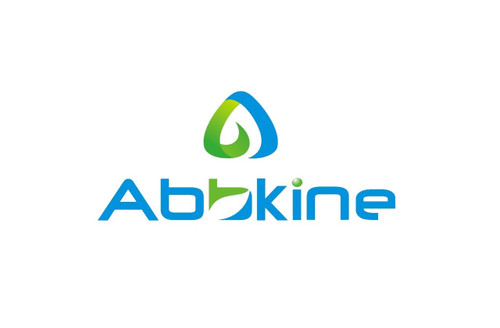Product Description
Human MAPK/MAK/MRK overlapping kinase (RAGE) ELISA Kit | AE24485HU | Abebio
Species Reactivity: Human (Homo sapiens)
Abbreviation: RAGE
Alternative Name: MOK; RAGE1; MAPK/MAK/MRK overlapping kinase|renal cell carcinoma antigen (MOK protein kinase)
Application: ELISA
Range: 0.156-10 ng/mL
Sensitivity: 0.062 ng/mL
Intra-Assay: ≤6.4%
Inter-Assay: ≤10.9%
Recovery: 0, 95
Sample Type: Serum, Plasma, Other biological fluids
Detection Method: Sandwich
Analysis Method : Quantitive
Test Principale: This assay employs a two-site sandwich ELISA to quantitate RAGE in samples. An antibody specific for RAGE has been pre-coated onto a microplate. Standards and samples are pipetted into the wells and anyRAGE present is bound by the immobilized antibody. After removing any unbound substances, a biotin-conjugated antibody specific for RAGE is added to the wells. After washing, Streptavidin conjugated Horseradish Peroxidase (HRP) is added to the wells. Following a wash to remove any unbound avidin-enzyme reagent, a substrate solution is added to the wells and color develops in proportion to the amount of RAGE bound in the initial step. The color development is stopped and the intensity of the color is measured.
Product Overview: Tumor antigens recognized by cytolytic T cells (CTLs) can be classified into 4 groups: shared tumor-specific antigens encoded by MAGE-type genes that are silent in most normal tissues except testis and expressed in many tumors; differentiation antigens that are also expressed in normal cells; antigens resulting from tumor-specific point mutations; and antigens overexpressed in tumor cells. By screening cells expressing both HLA-B7 and kidney tumor cell RNA with autologous CTLs, followed by anchored PCR analysis, Gaugler et al. (1996) isolated a cDNA encoding RAGE. RT-PCR analysis detected expression only in retina and in a number of tumor cell types. One putative RAGE open reading frame encodes a 40-amino acid protein and includes the peptide recognized by HLA-B7-restricted CTLs.
Stability: The stability of ELISA kit is determined by the loss rate of activity. The loss rate of this kit is less than 5% within the expiration date under appropriate storage condition. The loss rate was determined by accelerated thermal degradation test. Keep the kit at 37°C for 4 and 7 days, and compare O.D.values of the kit kept at 37°C with that of at recommended temperature. (referring from China Biological Products Standard, which was calculated by the Arrhenius equation. For ELISA kit, 4 days storage at 37°C can be considered as 6 months at 2 - 8°C, which means 7 days at 37°C equaling 12 months at 2 - 8°C) .
 Euro
Euro
 USD
USD
 British Pound
British Pound
 NULL
NULL








